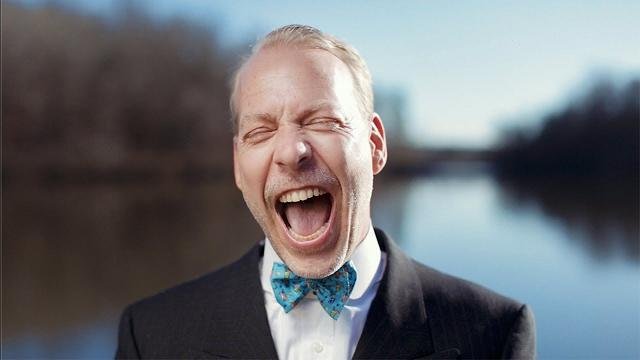
In an October 20 article at FEE.org, Jeffrey Tucker discussed the media panic over Donald Trump’s potential refusal to accept the election results on November 8. His explanation of the reasons behind the horror displayed by the establishment is accurate, if incomplete. The powers that be sense that the public are waking up to the realization that the current system not only fails to serve them, but is designed to oppress them in order to benefit the ruling classes. Knowing from history what people are capable of when such sentiments become sufficiently common and bold, and knowing that the current system is ultimately unsustainable, the rulers and those well-connected to them seek to keep the system going a while longer so as to pass the ticking time bomb to someone else. Thus “the demand that all candidates join hands in a celebration of democracy” which is “nothing but performative piety.” Where Tucker goes wrong is in his defense of democracy versus the alternatives.
Democracy and Violence
Tucker’s next act is to explore why the talking heads made much use of the phrase “peaceful transition of power” in their commentary. He writes,
“Along with the spread of human rights in the late Middle Ages, the theory of government began to change. The king or head of state did not possess legitimacy as a result of divine right; instead, the legitimacy of rulers is derived from the support given to them by the people. It is the social usefulness, and not some mystical magic, that grants them power.”
In reality, neither of these are true, regardless of the former or current opinion of most people. In a universalizable ethical theory, the state cannot be legitimate by any means, as its agents invariably commit actions which are considered criminal for anyone else to commit. In practical terms, a government is legitimized by its ability and willingness to martially defeat challenges to its power.
Tucker continues,
“The end result of this way of thinking is, of course, democracy, which gradually came to dominate governmental transitions between the 16th and the 20th centuries. It was widely believed that the more democracy you had, the less civil war and violence would interrupt the development of civilization.”
This was the historical outcome, but it was not necessarily for the best. Though the transitions of power became more peaceful, the power itself grew far more destructive. This was partly due to the increased productivity brought about by capitalism, as a large bureaucratic state cannot survive upon the meager portions which were available in the Middle Ages. But democracy’s tendency to sanitize statism played a larger role, in that it makes crimes easier to commit and removes incentives for the people to limit government. To rob one’s neighbor directly, one must risk one’s life, liberty, and reputation in the community. To vote for a politician to hire a tax collector to rob one’s neighbor is a far less risky proposition. If a property owner kills a thief in the act, few would fault him. If he kills a tax collector, he will be almost universally condemned. If there is an unelected monarch and no path to the throne for the citizenry, then they know who wields power and that it is not and will not be them. They are therefore incentivized to seek restraints on the king’s power. But give them democracy, and each citizen can come to believe that they are the state and might wield its power. One is less likely to seek restraint of a power that one might get to use.
Read the entire article at ZerothPosition.com
Hi! I am a robot. I just upvoted you! I found similar content that readers might be interested in:
http://www.zerothposition.com/2016/11/01/democracy-violence-libertarian-social-order/
Downvoting a post can decrease pending rewards and make it less visible. Common reasons:
Submit